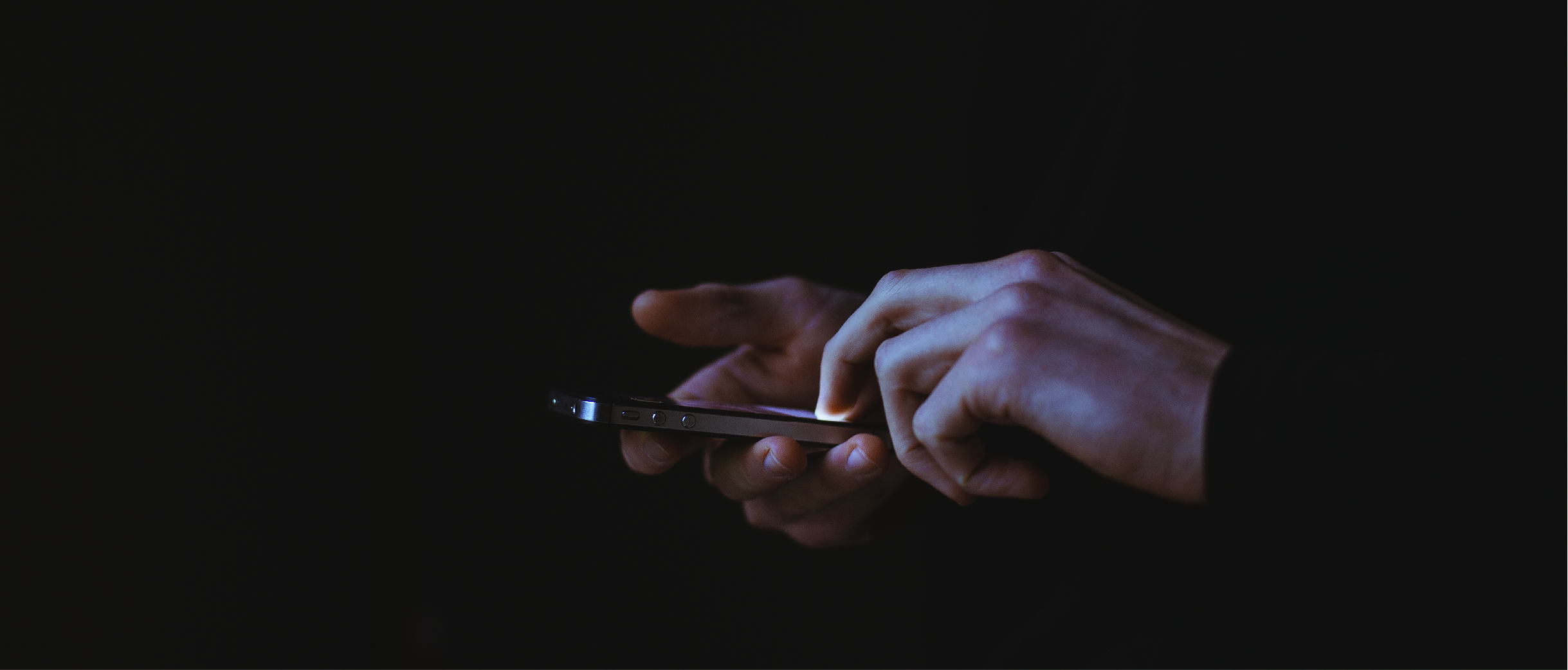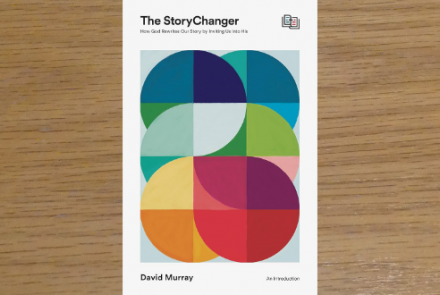Review: Covenant Eyes Screen Accountability
Covenant Eyes is a popular provider of internet accountability software. It has recently launched its new Screen Accountability software. I have used Covenant Eyes for several years, so when they launched this change I was interested to see how it worked.
What’s different about Screen AccountabilityTM?
The internet accountability that Covenant Eyes offered until recently used URL-based reporting and accountability partners received a list of websites visited and browser searches made. However, with changes to the way we use the internet (via apps rather than browsers), and the way porn websites are encrypted, means that their software couldn’t keep up.
With Screen Accountability, web addresses accessed on a device are no longer recorded. Instead, the screen of each device is monitored and Artificial Intelligence is used to detect pornographic images. When something is deemed to be pornographic, a screenshot is taken, blurred, and then attached to the report sent to partners.
Are the blurred images unhelpful for an accountability partner
When an image is determined to be pornographic, it is hidden in the email sent to your partner and they have to click a link to view the image. This has then been blurred – if you wanted to you can improve the image in stages to see more of what it shows, but you cannot make the image completely clear. My accountability partner said that she felt that if pornography was a particular battle for her she would prefer not to receive the images. The images were blurred enough to mean that they weren’t in any way likely to trigger lustful thoughts for her.
Does it work?
If you want software to help you specifically fight pornography use, then Covenant Eyes Screen Accountability works well. If, however, you want help with a wider range of other potentially triggering websites, then sadly it doesn’t do that. I valued the old internet accountability that Covenant Eyes offered – it covered things like browser search terms, underwear sites and erotic fiction. None of these are flagged with Screen Accountability.
Is it a deterrent to viewing porn?
In my opinion, having any form of internet accountability is a deterrent to looking at porn. However, the failures I’ve mentioned has meant that personally I have found it less of a deterrent at looking at other things that the old system would have picked up on – so much so that I have reverted back to the old internet accountability system instead of the new Screen Accountability.
Would I recommend it to others struggling with internet use?
If your battle is with using pornography and you don’t currently use any sort of internet accountability, then I would highly recommend this. Installing Covenant Eyes for the first time and setting up accountability was one of the most instrumental steps I took in my battle against pornography. However, personally, I am really disappointed in the new system for the reasons that I have already mentioned. I did email Covenant Eyes and ask if I could have Screen Accountability and Internet Accountability running simultaneously, but they said this wasn’t possible. This is a shame, as I feel that would go some way to rectifying the issues I have identified with their new system. I have contacted Covenant Eyes about the failings I think Screen Accountability has, and they responded by saying: ‘We have received numerous requests for this similar to yours, and as mentioned, our developers and team leaders are constantly reading and evaluating feedback like yours.’ I wait with anticipation to see if they make any helpful changes that would persuade me to go back to Screen Accountability!
For more information on Covenant Eyes' Screen Accountability, follow the link below
Covenant Eyes
This article was originally published in the Autumn 2019 edition of the TFT magazine, Ascend.






